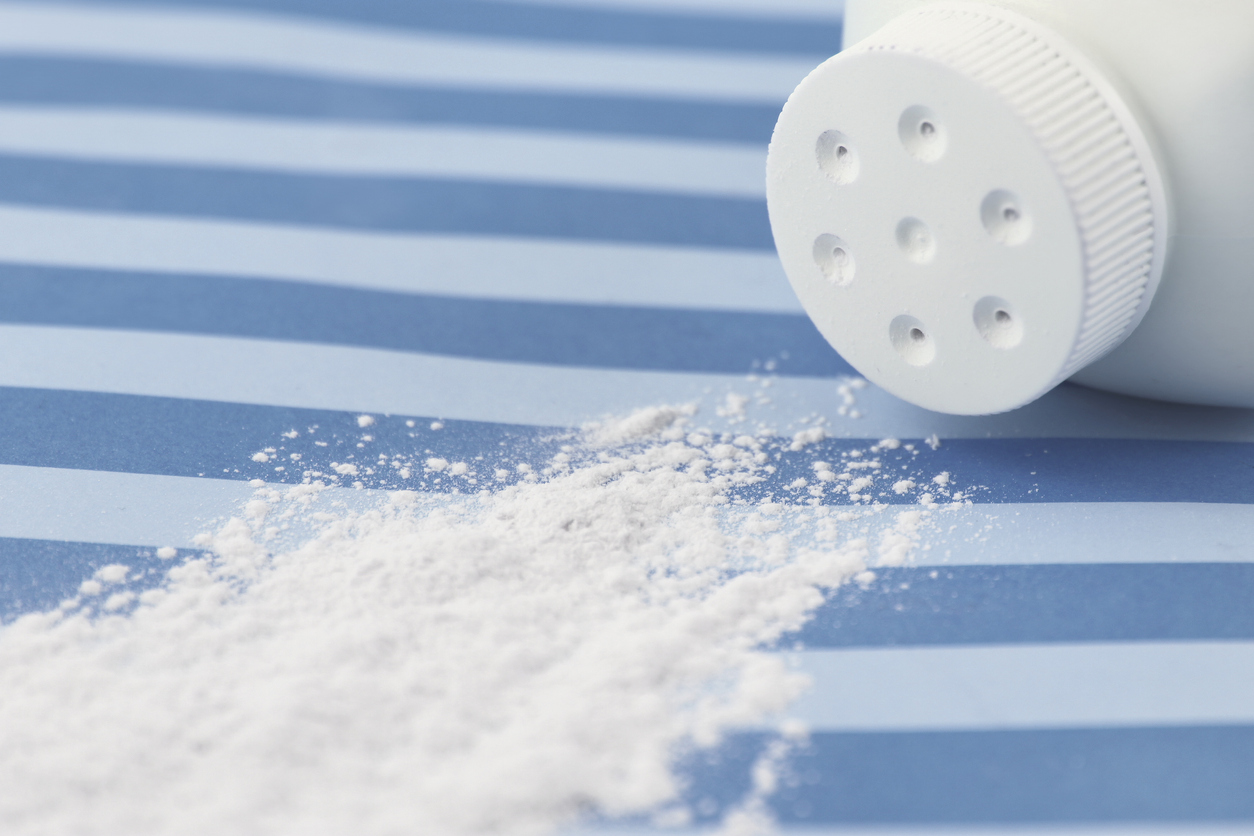"As part of a worldwide portfolio assessment, we have made the commercial decision to transition to an all cornstarch-based baby powder portfolio," the company said, adding that cornstarch-based baby powder is already sold in countries worldwide.
J&J announced in 2020 that it would discontinue selling its talc Baby Powder in the United States and Canada due to a drop in demand caused by what it called "misinformation" about the product's safety amid a barrage of legal challenges.
The company is facing approximately 38,000 lawsuits from consumers and their survivors alleging that its talc products caused cancer due to asbestos contamination, a known carcinogen.
J&J denies the allegations, claiming that decades of scientific testing and regulatory approvals have shown that its talc is safe and free of asbestos. It reiterated the statement on Thursday when it announced the product's discontinuation.
In October, J&J spun off subsidiary LTL Management, assigned its talc claims to it, and immediately declared bankruptcy, putting the pending lawsuits on hold. Those suing argue that Johnson & Johnson should be required to defend itself in the lawsuits, while defendants of J&J and the bankrupt subsidiary process argue that it is an equitable way to compensate claimants.
According to Ben Whiting, an attorney with the plaintiffs firm Keller Postman, the company's sale decision will not have an immediate impact on the lawsuits because they are paused in bankruptcy. However, if a federal appellate court allows the cases to proceed, consumers may try to use Johnson & Johnson's decision to pull the products as evidence, according to Whiting.
"If these cases go forward, it will be a huge deal," Whiting said.
According to bankruptcy court records, the company faced $3.5 billion in verdicts and settlements prior to the bankruptcy filing, including one in which 22 women were awarded a judgment of more than $2 billion.
In April, a shareholder proposal to halt global sales of talc baby powder failed.
According to a 2018 Reuters investigation, J&J was aware for decades that asbestos, a carcinogen, was present in its talc products. Internal company records, trial testimony, and other evidence revealed that J&J's raw talc and finished powders occasionally tested positive for trace amounts of asbestos from at least 1971 to the early 2000s.
J&J has repeatedly stated that its talc products are safe and do not cause cancer in response to evidence of asbestos contamination presented in media reports, courtrooms, and on Capitol Hill.
Johnson's Baby Powder, which has been sold since 1894, has become a symbol of the company's family-friendly image. According to Reuters, an internal J&J marketing presentation from 1999 refers to the baby products division, with Baby Powder at the core, as J&J's "#1 Asset," despite the fact that the baby powder accounted for only about 0.5% of the company's U.S. consumer health business when it was pulled from the shelves.













